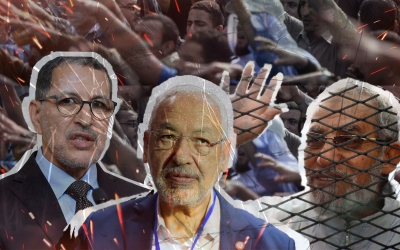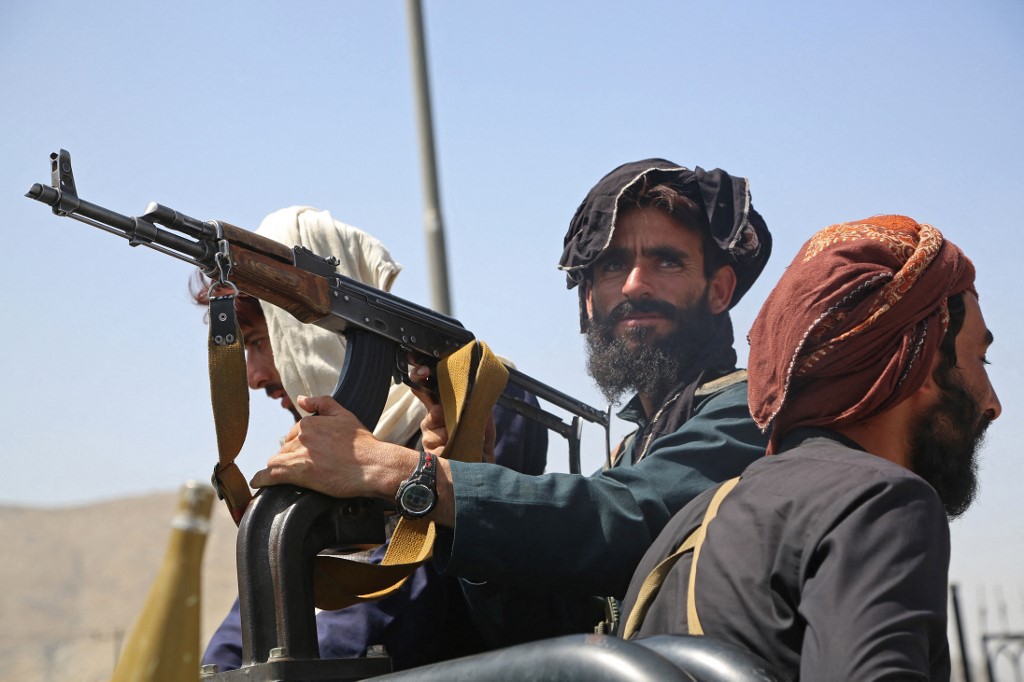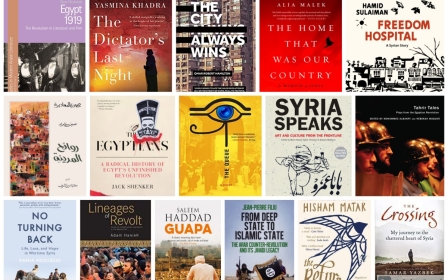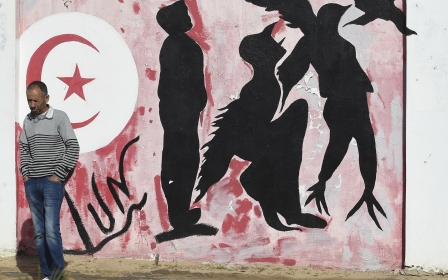Are young Islamists giving up on the ballot box?
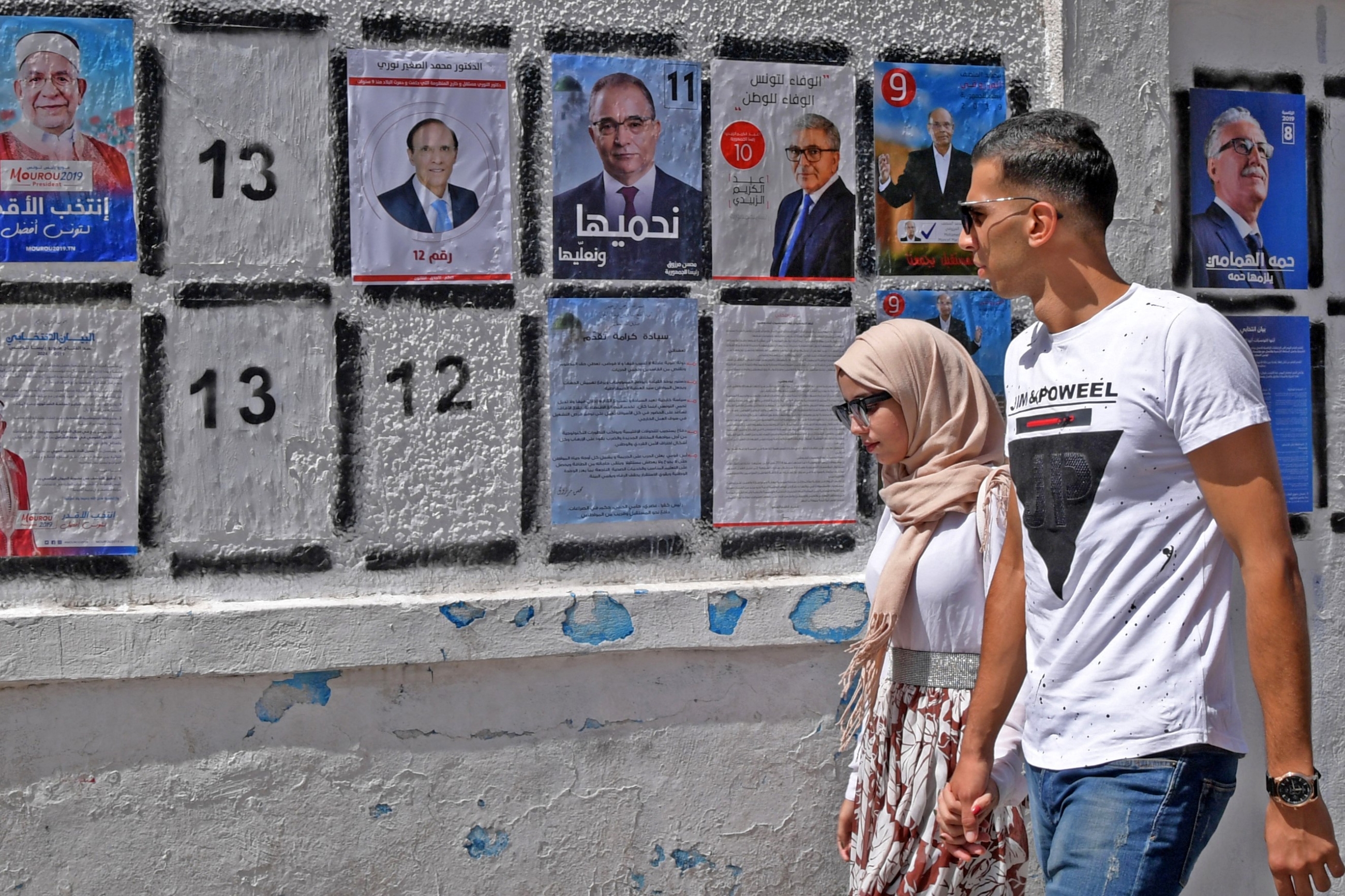
On 26 December 1991, the Islamic Salvation Front (FIS) won Algeria's parliamentary elections. A few weeks later, the Algerian government cancelled the results, arrested the group’s prominent leaders and dissolved the party.
Islamists are growing increasingly doubtful of the ability of the democratic model to ensure their political inclusion
On 3 July 2013, the Egyptian military ousted the late President Mohamed Morsi, a member of the Muslim Brotherhood and Egypt’s first democratically elected president, arrested thousands of the Brotherhood’s members and brutally quashed the movement.
On 25 July 2021, Tunisia’s populist President Kais Saied suspended the elected parliament, sacked the newly appointed prime minister, Hichem Mechichi, suspended the immunity of MPs, appointed himself as attorney general and threatened to punish anyone who violated these measures.
Taking into account all of the historical, political and cultural differences between these countries, common themes are present: Islamists being forced out of power, the aborting of the entire process of transition and the restoration of authoritarianism.
We can analyse the ideological problems of Islamists, we can question their political competence, assess their lack of experience at governing. But one thing is beyond debate: they adhered to the rules of the game and attained power democratically through the ballot box.
New MEE newsletter: Jerusalem Dispatch
Sign up to get the latest insights and analysis on Israel-Palestine, alongside Turkey Unpacked and other MEE newsletters
The democratic model
Regardless of the ongoing debate over whether what happened in Tunisia was a "correction" to the course of 2011 uprising, as President Saied's supporters think, or a "constitutional" coup as his opponents believe, an important and heated debate is underway within Islamist circles particularly among the young cadres over the heavy cost of political participation and whether democracy was the solution.
Over the past few years, Islamists have experienced a series of events that shaped their political thinking and undermined their faith in democracy.
From the bloody military coup in Egypt, led by Abdel Fattah el-Sisi, who has built a dictatorship with a gruesome record of human rights violations backed by regional and western allies, to the rise of a hostile regional axis that seeks to obliterate Islamists domestically and internationally, and most recently the soft coup in Tunisia, which halted the only enduring success story of the Arab Spring.
For Islamists, these are not signs of acceptance or integration but rather of intolerance and rejection, which deepens their mistrust in the entire political process.
As a result, Islamists, and especially young Islamists, are growing increasingly doubtful of the ability of the democratic model - which they now perceive as a deceptive political game - to ensure their political inclusion.
Ennahda under fire
Today, Tunisia's Ennahda Party, one of the most moderate and progressive Islamist movements in the MENA region, with a unique record of political pragmatism and ideological compromise, is facing unprecedented challenges.
Islamists across the region blamed Ennahda for giving up on its ideology in order to woo its secular and liberal counterparts
One of the most pressing is how to maintain faith in the democratic process despite the recent power-grab by Saied. In the decade after the 2011 revolution, which removed the dictator Zine el Abidine Ben Ali, Ennahda had won three consecutive parliamentary elections and had been sharing power with other secular, liberal and leftist forces.
It had made significant ideological and political compromises in order to be accepted and to ensure the success of the political transition in Tunisia. It allied with different political factions, including figures from the ancien régime, such as the late President Beji Caid Essebsi, in a sign of political maturity and respect to the will of the people who elected those officials. In response, Islamists across the region, particularly conservatives and hardliners, blamed Ennahda for giving up on its ideology and religious beliefs in order to woo its secular and liberal counterparts.
However, with Saied’s move, Ennahda came under fire not only from Tunisians but most importantly from other Islamists - moderate and extremists alike. They believe that Ennahda’s concessions were ultimately futile and undermined its credibility as an Islamist movement.
Enters Taliban
More disturbingly, extremist groups such as Islamic State (IS) are gloating over Ennahda’s loss of power and Saied’s control of the political scene in Tunisia.
For IS and other militant groups, these setbacks validate their extreme, anti-democracy approach and have prompted some disillusioned Islamists to call for the adoption of what they describe as the “Taliban model” - that is, the use of force in order to protect political gains.
They believe that negotiations should go hand-in-hand with armed violence against their adversaries. They respect the Taliban’s recent military advancements in Afghanistan and admire its ability to combine negotiations with fighting in order to restore power.
During the 1990s, Algeria experienced a bloody decade, where hundreds of thousands of people were killed and injured after the abandonment of the political process. Similarly, Egypt saw the massacre of peaceful protesters after the coup of 2013 and suffered an insurgency war in Sinai while the entire country remains under authoritarian rule. In Libya, Syria and Yemen, civil wars are raging, shattering those countries politically, socially and geographically.
The key question I keep hearing from young Islamists is: what else do we need to do to be accepted and integrated?
None of this is to suggest that Tunisia would have to go down the same path. Rather it is a reminder that democracy, with all its problems and shortcomings, remains the most progressive option, not only for Tunisia, but for the entire region.
Over the past few years, I’ve been searching and analysing Islamists’ behaviour and ideology, particularly after the failure of the so-called Arab Spring. The key question I keep hearing from young Islamists is: what else do we need to do to be accepted and integrated?
I remember how one of my Egyptian interlocutors, now living in exile, rebuked me when I defended the importance of maintaining faith in democracy after the coup of 2013. He responded furiously: “Democracy is a joke.”
Another young Islamist called me after Saied’s grab of power in Tunisia and said, with deep dismay and sadness in his voice, “we will never be accepted by secularists not matter what we do”.
And as the next chapter of this saga unfolds, that is not only depressing, it is truly terrifying.
The views expressed in this article belong to the author and do not necessarily reflect the editorial policy of Middle East Eye.
This article is available in French on Middle East Eye French edition.
Middle East Eye delivers independent and unrivalled coverage and analysis of the Middle East, North Africa and beyond. To learn more about republishing this content and the associated fees, please fill out this form. More about MEE can be found here.



